Our Best Food Justice Stories of 2023
Civil Eats
DECEMBER 27, 2023
‘Rhythms of the Land’ Preserves the Untold Stories of Black Farmers Filmmaker and cultural anthropologist Gail Myers discusses the making of her documentary, the oppressive history of sharecropping, and power of seed saving for Black farmers.

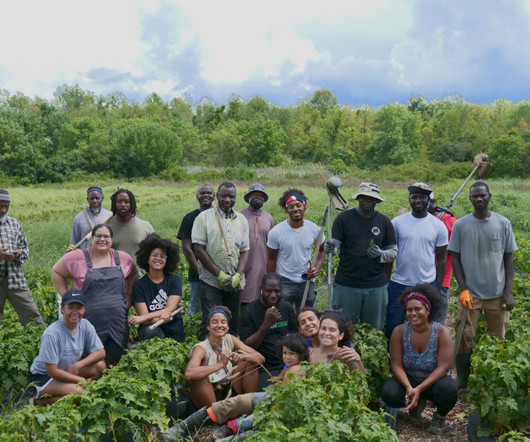
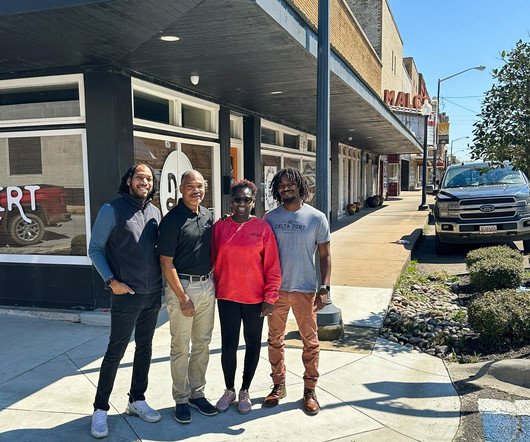
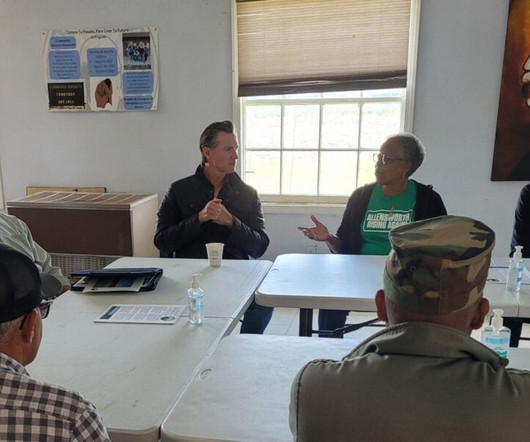
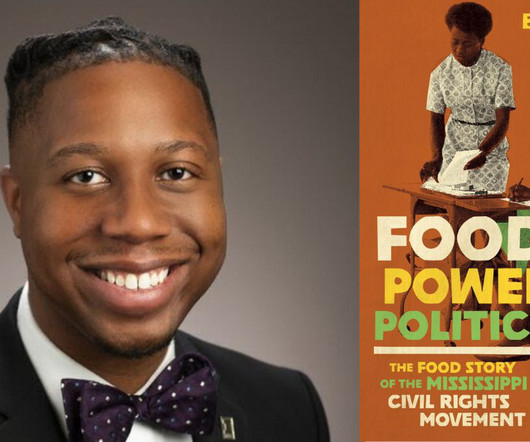
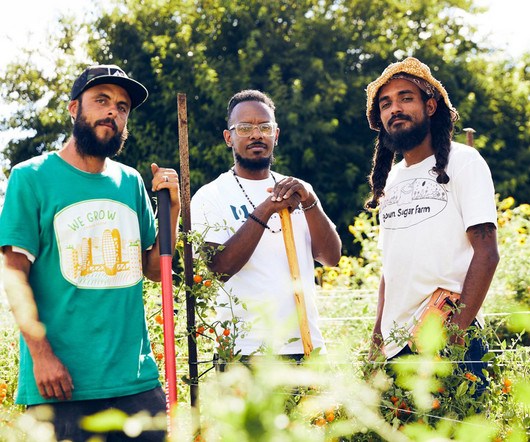






Let's personalize your content